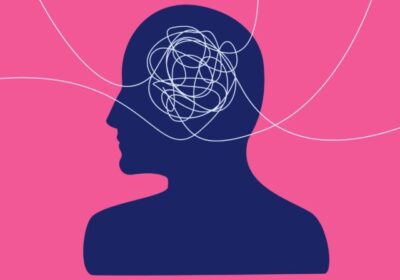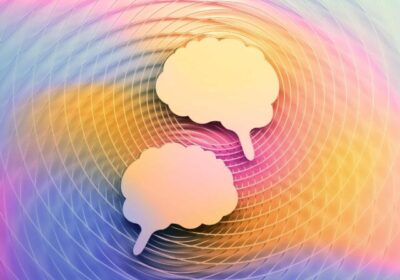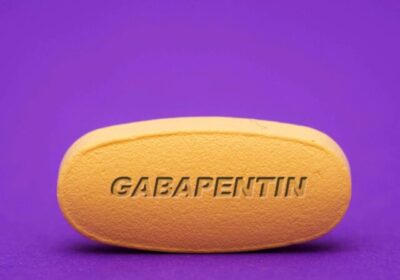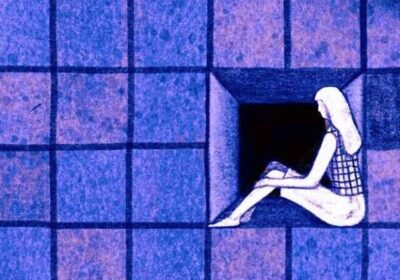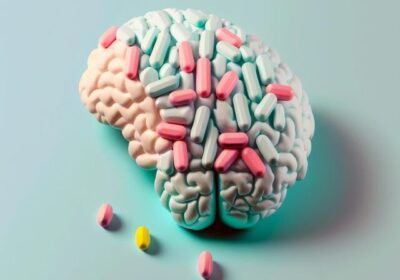Perinatal Depression
TMS for Perinatal Depression in Los Angeles
What is Transcranial Magnetic Stimulation (TMS) Therapy?

Medication isn’t the only option.
Standard treatment approaches of perinatal depression include talk therapy and medication. Transcranial magnetic stimulation (TMS) is an alternative option which lacks the systemic effects that are typically associated with medications, making it an ideal intervention for those who are pregnant or nursing.
TMS is an FDA indicated treatment for depression that is noninvasive and uses magnetic fields to gently nurture specific areas of the brain responsible for mood.
Unlike other forms of brain stimulation, TMS therapy is non-invasive and non-sedating. Patients can drive themselves to and from treatments and get back to their day right away, including work or school.
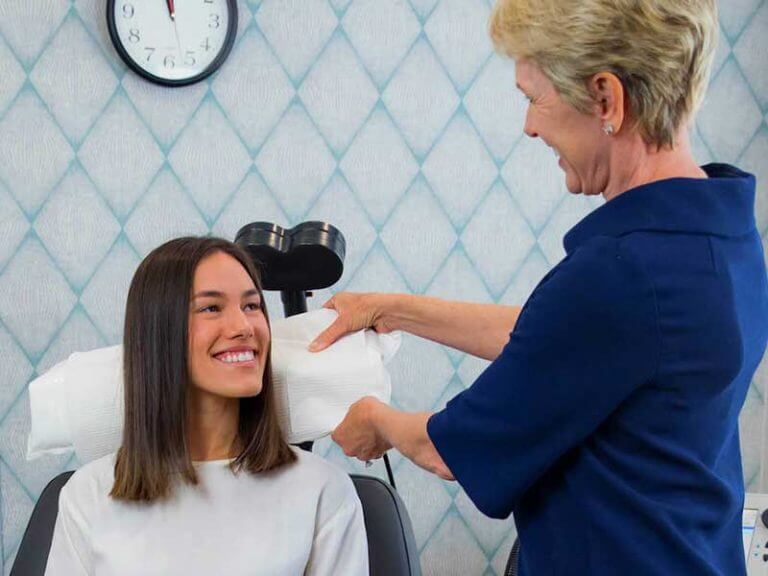
Drug-free, non-invasive depression treatment.
TMS is more than twice as effective as medications and has the ability to work faster. In most cases, symptoms improve within just two weeks of TMS treatment compared to the 6–12 week onset period of conventional medications.
During TMS treatment, our Los Angeles patients recline in a treatment chair and remain awake and alert. A TMS magnet is positioned over the patient’s head to deliver gentle pulses to specific areas of the brain. Patients report that the pulses feel like taps on the head.
TMS is well tolerated. Sometimes patients experience mild scalp discomfort or mild headache during active treatment. Each treatment session lasts about 20 minutes, after which patients can immediately return back to their daily routines.
Excellent Peripartum Mental Health is Possible.
Glowing, happy, radiant— pregnancy and new motherhood is “supposed to be” a cherished and special time. But for those who develop depression during or after their pregnancy, this period can be starkly different.
Unfortunately for many pregnant and nursing women, accessing high-quality, safe and effective mental health treatment can be difficult. Some pregnant and nursing women discontinue antidepressants for fear of adverse effects.
However, there are safe and effective treatment options for pregnant and nursing women. Peripartum mental health providers should be prepared to discuss the spectrum of available options so patients and their families may make informed decisions for the best outcomes possible.
Beyond the Baby Blues: Peripartum Depression
Emotional and mental health are critically important to enjoying a healthy pregnancy and delivering a healthy baby. Diagnosis and treatment of depression early is vital to the long-term health of both mother, baby and family. During pregnancy, early intervention and treatment for depression will also reduce the likelihood of postpartum depression.
Peripartum depression may involve:
- Symptoms which last every day for two weeks or more: Baby blues usually go away after a couple of weeks, but if you’re depressed or have an anxiety disorder, you’ll experience the symptoms every day for more than two weeks.
- Sadness, crying, trouble concentrating: Persistent low mood, inability to get out of bed, trouble concentrating, difficulty eating well or trouble sleeping are common symptoms.
- Struggling with everyday activities: Struggling with simple everyday tasks or feeling disconnected from your baby, may be a sign to seek professional help.
TMS During and After Pregnancy
-
How effective is TMS for peripartum depression?
Because TMS is non-invasive, non-systemic and has fewer side effects than medications, many people including those who are pregnant or breastfeeding choose TMS over other treatment options.
Since 2009, over 70% of Neuro Wellness Spa patients here in Los Angeles have experienced symptom relief with TMS therapy. Although many mental health conditions are chronic, TMS helps patients achieve remission. Length of remission depends on many factors including:
- Diet
- Exercise
- Therapy
- Severity of illness
- Lifestyle
The goal of mental health treatment is to achieve full remission. Patients should not tolerate lingering symptoms or unwanted side effects. TMS is an effective treatment alternative to medication and therapy that helps patients feel all the way better.
-
What are the side effects of TMS therapy?
Transcranial magnetic stimulation has far fewer side effects than antidepressant medications. With more than 10,000 treatments performed in clinical trials, the most common side effect was temporary and mild scalp discomfort during active treatment. Unlike medications, which affect the entire body as they pass through the blood-brain barrier, TMS therapy treats the brain directly.
-
Is TMS covered by insurance?
Transcranial magnetic stimulation therapy for depression is FDA-cleared and covered by most insurance including Aetna, Anthem, Blue Shield, Optum, MHN/Healthnet, Tricare, Cigna, Magellan and Beacon and more.
Our phenomenal clinical team is always available to help prospective patients understand their coverage options. We know how important it is that those seeking help are able to get the treatment they need. Not to mention, at Neuro Wellness Spa, we handle all the paperwork.
-
Which research supports TMS during and after pregnancy?
Although TMS is not yet FDA indicated for use during pregnancy, current evidence of rTMS for depression during pregnancy is highly encouraging and many peripartum providers are recommending TMS as a safer treatment option.
Pregnancy:
In 2011, Kim and colleagues treated 10 depressed pregnant women during the 2nd or 3rd trimester employing. With this approach, 7 women achieved response (i.e., at least a 50% reduction from baseline scores) as assessed with the 17-Item Hamilton Depression Rating Scale (HDRS-17). Four patients reported mild headaches but there were no other adverse events.
In 2014, Hizh Sayar and colleagues treated 30 pregnant woman during the 1st, 2nd or 3rd trimester employing 18 sessions of 25 Hz TMS at 100% motor threshold applied over the left dorsal lateral prefrontal cortex. Notably, there was a significant decrease in the mean HDRS-17 score from baseline (p < 0.001) after the treatment course. There were no reported adverse maternal or fetal events.
Neonatal Outcomes:
In a 2015 case control study, Erylimaz and colleagues compared the children of mothers who received treatment with TMS during pregnancy (n=30) to a control group of children whose mothers went untreated for their prenatal depression (n=26). In the control group, 3 infants had jaundice and 1 had a low birth weight. In the TMS group, 2 infants had jaundice and 1 had febrile seizures. Further, there were no significant cognitive or motor delays in the offspring of mothers treated with TMS.
Postpartum Depression:
In 2010, Garcia and colleagues treated 9 women with postpartum depression employing 20 sessions of 10 Hz TMS at 120% motor threshold applied over the left dorsal lateral prefrontal cortex. By week 2, patients experienced significant improvement in depressive symptoms from baseline (p<0.008) as assessed with the 24-Item HDRS scale. Furthermore, 8 patients achieved remission (ie., HDRS-24 < 10 and Clinical Global Impressions Severity Scale =1) at week 4 and 7 patients still met remission criteria at 6 months.
In 2012, Myczkowski and colleagues treated 14 women with postpartum depression employing 20 sessions of 5 Hz TMS at 120% motor threshold or a sham procedure applied over the left dorsal lateral prefrontal cortex. Active TMS yielded improvement at week 6 as assessed with the HDRS-17. Two patient’s reported mild scalp pain but there were no other adverse events.
-
What about childcare during my TMS appointments?
At Neuro Wellness Spa in Los Angeles, mothers may bring their infants or children with them to their TMS appointments. During the TMS treatment, mothers may hold their infants or support staff may be utilized to help provide childcare.
For more information about the services we offer or whether TMS treatment is covered by your insurance provider, contact us today.





